Labor Law
These rules apply to the subordinate employment relationship since, historically, in this type of work there is a significant disparity between the parties, which determines the need to protect the weaker party, i.e. the worker, given the involvement not only of his/her physical person, but also of his/her moral personality, freedom and dignity.
In this sense, labor law is divided into: labor law in the strict sense (or private labor law), which includes the subject matter of the employment contract and individual employment relationship; trade union law, concerning the regulation of professional associations, trade union relations, collective bargaining, strikes; social legislation (or public labor law), including the rules governing relations between the State and employers and employees (so-called administrative labor law) and social security rules.
Today, trade union law and social legislation have assumed such vastness, importance and complexity so as to justify a certain degree of educational and scientific autonomy, even if their intimate connection with labor law in the strict sense has not been lost: proper and efficient management of an employment relationship at all levels can thus never disregard any of these three fundamental aspects of the discipline of labor law.
Following EU guidance, the Firm pays attention to the protection of rights in the areas of: working conditions – working hours, part-time and fixed-term work, posting of workers, information and consultation of workers, collective redundancies and business transfers.



